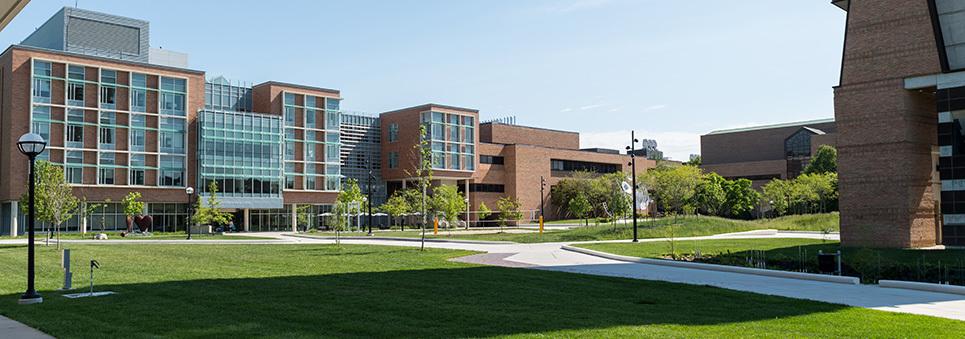Computing


The University of Michigan offers many programs connected to the fast-growing industries of computing and computer science (CS). These programs provide excellent opportunities for students to learn from innovative faculty, get involved in research, utilize top-notch facilities, and make valuable connections to these industries. In addition to the CS major, these programs highlighted below provide the experiences students need for success in their future careers.
College of Literature, Science, and the Arts (LSA)
Taubman College of Architecture and Urban Planning
As with many CS programs at other institutions, enrollment in Michigan’s CS major programs has grown rapidly over the past decade, and the number of interested students exceeds our teaching capacity. As a result, in order to provide a high-quality education and to maintain a healthy community, we have limited enrollment into the CS majors under a selection policy. The selection policy applies to students in both the College of Engineering and the College of Literature, Science, and the Arts.
Visit the CS website for additional information and answers to many questions regarding the process for incoming first-year students, transfer students from external institutions, and transfer students from within U-M.